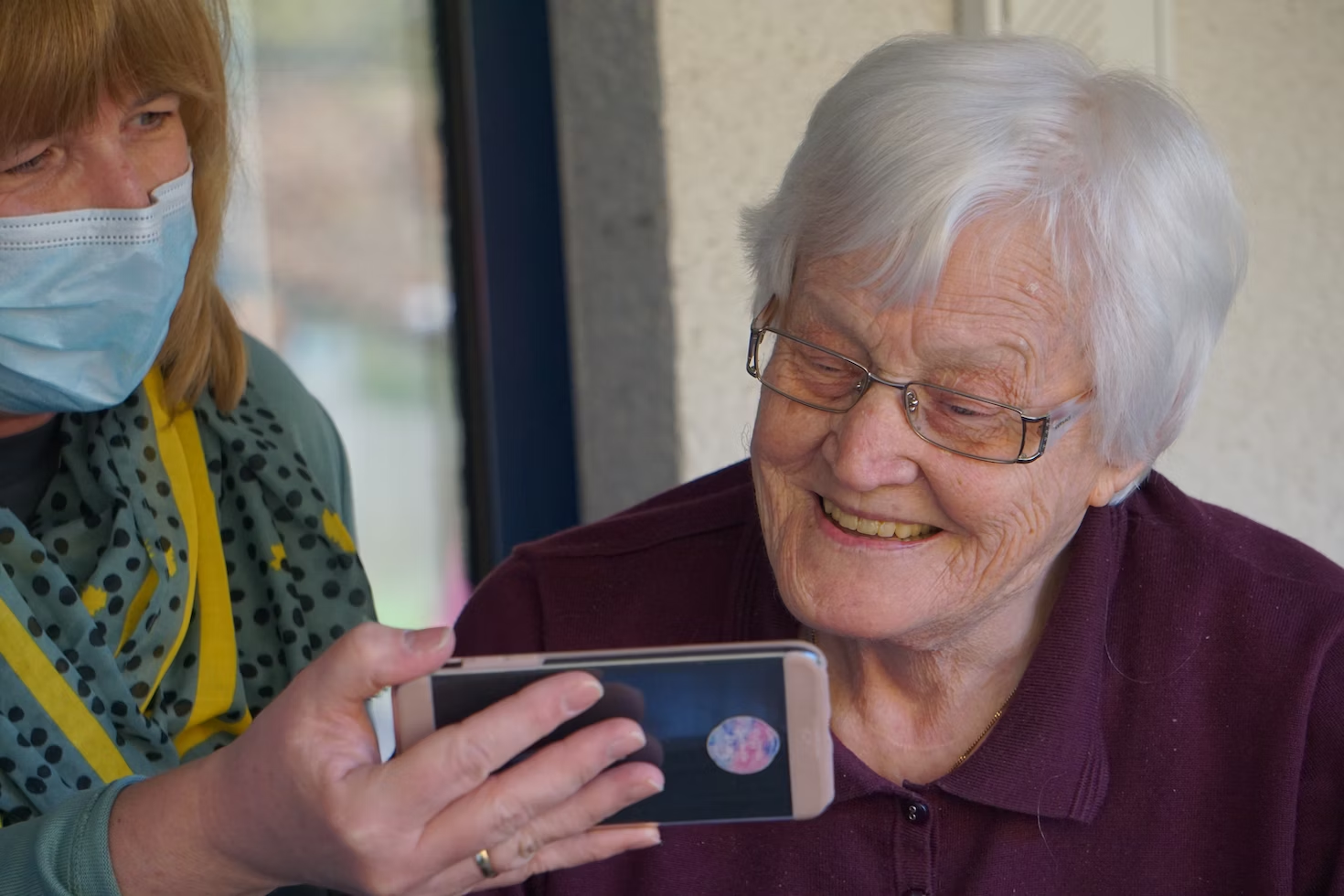Comments
- No comments found

As we age, our ability to remember certain things that used to be routine can slowly begin to decline.
It's natural for parents and grandparents alike as they get older to feel stressed out or become forgetful at times. You likely don't want your loved one’s condition deteriorating too quickly - but if it is happening, then knowing how best to remain supportive is key. In this blog post, you'll learn practical tips and advice about how best you can help them cope with their forgetfulness on a daily basis. Keep reading and find out exactly what actions you should make in order to help your elderly loved ones navigate through this transition smoothly!
It can be difficult to watch our parents age and begin to experience memory loss. As much as we'd prefer to ignore the signs, it's important to assess the situation and provide support where needed. The first step is to talk to our parents about their memory loss in a compassionate and non-judgmental way. We can ask questions about what they're experiencing and reassure them that we're there to help. From there, we can identify useful resources, like memory training exercises or support groups, that can help our parents maintain their cognitive abilities for as long as possible. While it's not always an easy conversation to have, addressing memory loss with our aging parents can be a valuable step in supporting their overall well-being.
As our parents age, it's natural for them to face challenges with memory and cognitive function. If you notice signs of forgetfulness or cognitive decline in your parents, finding a suitable facility for their care can be a thoughtful and responsible step. Assisted living communities or memory care facilities offer specialized support and a safe environment for seniors dealing with memory loss. When considering a facility for your forgetful parents, opting for one that offers tailored dementia care ensures personalized support and interventions designed to meet their specific needs as they navigate cognitive challenges. These facilities provide trained staff, engaging activities, and medical supervision to ensure your parents receive the attention and care they deserve. While it can be a difficult decision, choosing the right facility can greatly improve their quality of life and ease the burden on both you and your parents. Taking this proactive approach demonstrates your commitment to their well-being and ensures they receive the necessary care and support during this stage of life.
As our parents age, it's natural for memory to experience shifts. While these changes might not be a cause for immediate concern, it's vital to remain vigilant and communicate any shifts with their healthcare provider. Regular appointments with their primary care doctor serve as a proactive measure, enabling early detection of potential issues and providing the necessary assistance. Even if they appear generally healthy, prioritizing regular medical check-ups is a crucial step to safeguarding their well-being – an invaluable asset that deserves our utmost care and attention.
In today's modern landscape, technology is an integral part of our lives. However, navigating the digital world might be a challenge for some, especially as they age. If your parents are struggling with technology, it's disheartening to see them miss out on its advantages. For seniors experiencing challenges with technology, providing patient guidance and introducing user-friendly devices can help them stay connected and navigate the digital world with greater ease. Offering support in this area can make a significant difference. A smartphone can be a great starting point, granting them access to communication and useful applications. Furthermore, consider introducing them to home assistant devices like Alexa or Google Home, which simplify tasks such as reminders and controlling lights. By familiarizing them with these user-friendly technologies, you empower them to enhance their daily routine, making it more efficient and convenient in today's digital age.
Keeping your parents’ brains active and healthy is just as important as maintaining physical fitness. Brain games such as crosswords, puzzles, and chess are great ways to exercise their mind and keep it sharp. These activities not only stimulate the brain, but they can also be relaxing and enjoyable. Additionally, it's important to establish a safe exercise routine that balances physical abilities and limitations. Incorporating low-impact exercises like yoga, walking, or cycling can help maintain flexibility, balance, and cardiovascular health. Remember, taking care of mind and body is the ultimate form of care!
As we grow older, it's natural to experience changes in our relationship with our parents. These changes can be challenging and often require patience and kindness. It's essential to let your parents know that you're there for them, even if it may be difficult to navigate these changes together. Whether it's offering a listening ear or helping out with their daily tasks, showing support can make a significant difference in their lives. Remember, as they provided a guiding hand throughout your growing years, it's time to reciprocate and be there for them now. The key is to remain patient, understanding, and kind, and you'll be able to maintain a strong bond with your parents for years to come.

Memory loss is a natural part of aging and can come hand in hand with other medical issues. Being a supportive caregiver involves understanding the reality of what your parents are going through, being patient and kind in difficult moments, and remaining connected with them during their journey. To help facilitate their lives, begin by assessing what could be done to simplify the daily tasks they have to do, making necessary home adaptation changes, utilizing technology platforms such as smartphones or virtual assistants, getting their doctor involved in order to monitor memory-related changes, helping them engage in enjoyable brain activities like puzzles or chess games, and creating a support system around them for extra assistance when needed. Most importantly, your parents need your unconditional love and unwavering presence. With this approach, you can ensure that your parents can remain independent for as long as possible.
Leave your comments
Post comment as a guest